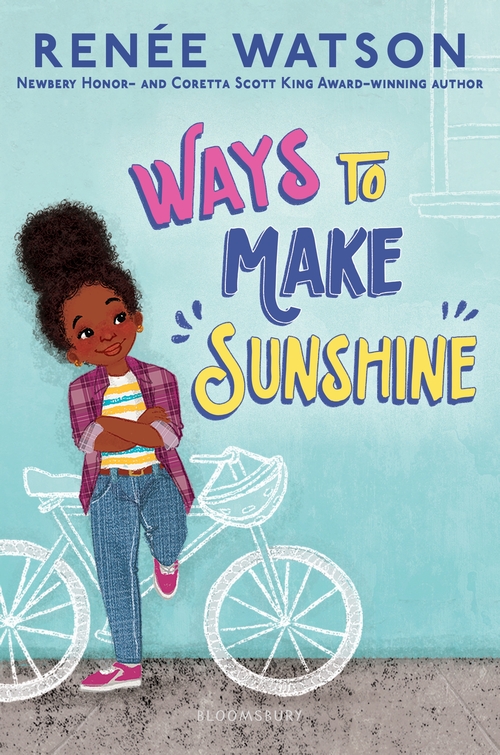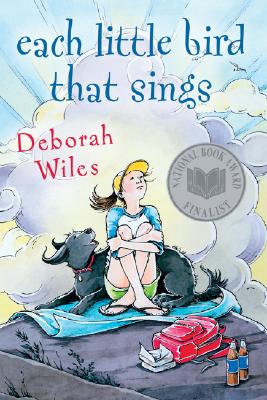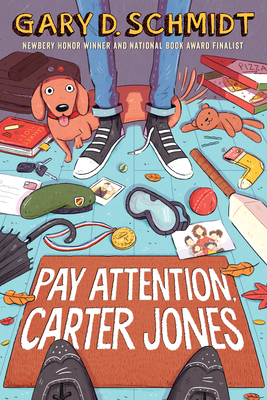craft review by Anne-Marie Strohman
We’re all striving for three-dimensional character in our writing. There are tons of character interview questions and personality quizzes we can give our characters, and a number of psychoanalytic approaches to digging for the character’s misbelief to figure out why they do what they do. All of these strategies can add dimension to character, but there’s a simple strategy that can give you a way to put that dimension on the page: give your character an interesting job.
An interesting job gives your character something to do, other than deal with the main conflict of the story. Think Harry Potter becoming a wizard. Or Katniss hunting for food for her family and trading in the marketplace.

Remarkable and unusual jobs have their place, but unremarkable jobs used in interesting ways can also enhance your character, drive some of the plot of your story, and perhaps provide the skills characters need to succeed at their biggest challenges.
In Ways to Make Sunshine, Renée Watson adds dimension to protagonist Ryan Hart by making her a cook. Ryan’s too young to have a real job, but her hobby serves the same purpose as a job. It gives her something to do on the page, it reveals her character, and it pushes her toward her dilemma at the climax of the book.
Creating in the kitchen is a pretty common hobby for kids in books (see this list of middle grade books that have cooking front and center), and at first, Ryan’s work in the kitchen seems ordinary, but Watson makes some unexpected moves that drive the story forward.
Skill connects her to family
We first hear about Ryan’s love for cooking as her family is moving into their new house. Ryan looks for a way to make sure she can prep food next to her mother, now that her kitchen-adjacent space isn’t available (pp. 27-29). She settles on a step stool that is just the right height for her. We see her cooking with her mom a few times, and those moments create warmth and family feeling. The kitchen for this family is a place for joy.
Her skill is limited
Things don’t always go well for Ryan in the kitchen. At one point she burns dinner because of an experimental recipe, and her family ends up ordering pizza, which they can’t really afford (pp. 49-51). Though Ryan is bummed at ruining dinner, she embraces experimentation and jazzes up her cheese pizza. This moment gives us insight into Ryan’s character–she’s not easily discouraged, and she approaches life with a love of experimentation. She also takes pleasure in her creations.
Character uses skill for ill (Author uses it for humor)
At one point, Ryan uses her skill in the kitchen to get back at her brother for excluding her from a bike-riding-park excursion with his friends. She douses his chicken wings with hot sauce (pp. 124-128) without her mother noticing. Her plan works, but she gets into trouble. She has to come clean and apologize to her brother. This incident develops her character as it shows her taking measures to get back at Ray, and it shows her change as she’s willing to accept responsibility for her actions.
Skill does NOT get her out of a jam
Often, a skill or quality developed with the protagonists job/hobby will come in handy during the climax of the story. We as readers expect this. Watson does the unexpected with Ryan. Ryan’s cooking doesn’t get her out of a jam, it actually pushes her toward her dilemma.
The climax of the story happens at the school talent show. Ryan has tried to figure out what her talent is a number of times during the story. She knows that cooking is her talent, but it’s not a talent she can perform on stage in front of people, really. She settles on her talent for being friendly and welcoming and asks to participate in the talent show as a greeter/usher. This job positions her to support her best friend as she practices to be the MC. When her friend calls up sick the day of the talent show, Ryan must face her fear of public speaking (which she has failed at earlier in the book) to help her friend, teachers, and schoolmates. Cooking can’t help her at all. And it’s precisely because her skills lie elsewhere that she must face difficult things and overcome her fears.
Jobs, from the ordinary to the unusual
Other authors use jobs in different ways. Here are a few notable examples.

In Printz Honor Winning YA novel Please Ignore Vera Dietz, A.S. King gives Vera an ordinary job delivering pizzas. But the delivery job exposes her to a bunch of different parts of town, a variety of characters, a workplace she feels comfortable in, and ample time for Vera to be by herself as she drives around town. The way Vera interacts with her co-workers and with the people she delivers pizza to reveals a lot about her as a character that we might not discover solely in the main storyline.

The middle grade novel Each Little Bird that Sings by Deborah Wiles features a family that lives above the funeral home they run. Comfort, the protagonist, has a number of jobs at the funeral home, from helping in the kitchen to handing out hankies to the bereaved. Even her beloved dog has the job of sleeping next to the deceased between their viewing and burial and providing comfort to the next of kin. While death and the family business feature heavily, much of the story is about the relationships Comfort has with her best friend and with her annoying younger cousin.

In Gary D. Schmidt’s latest middle grade, Pay Attention, Carter Jones, Carter and his friend, as well as the entire 8th grade cross-country team, learn to play cricket. The story is primarily about family relationships and dealing with a parents’ failures, and the “job” of learning to play cricket provides a counterbalance to the heavily emotional storyline, adds tension, and offers a way for Carter, who is often the one left on his own, to shine.
Now it’s YOUR turn
If you’re struggling with either character or plot, try giving your character an interesting job. If you choose one that’s more ordinary, work out how to use the job in unusual ways, as Watson does. If you’ve got a character with a unique job, look for ways the job can reveal important things about the character, and how the job can function to complement or counterbalance the main storyline.
Brainstorm a number of different jobs to find one that fits your character and your story. When you find the right one, you’ll not only enrich your character, you’ll open up ways for your plot to move forward.
Check out more posts on character!
Anne-Marie Strohman (co-editor) writes picture books, middle grade novels, and young adult short stories and novels. She is trained as a teacher, an editor, and a scholar, specializing in Renaissance Literature. She holds an MFA in Writing for Children and Young Adults from Vermont College of Fine Arts and is an active member of SCBWI. Find her at amstrohman.com and on Twitter @amstrwriter.
COMMENTs:
0